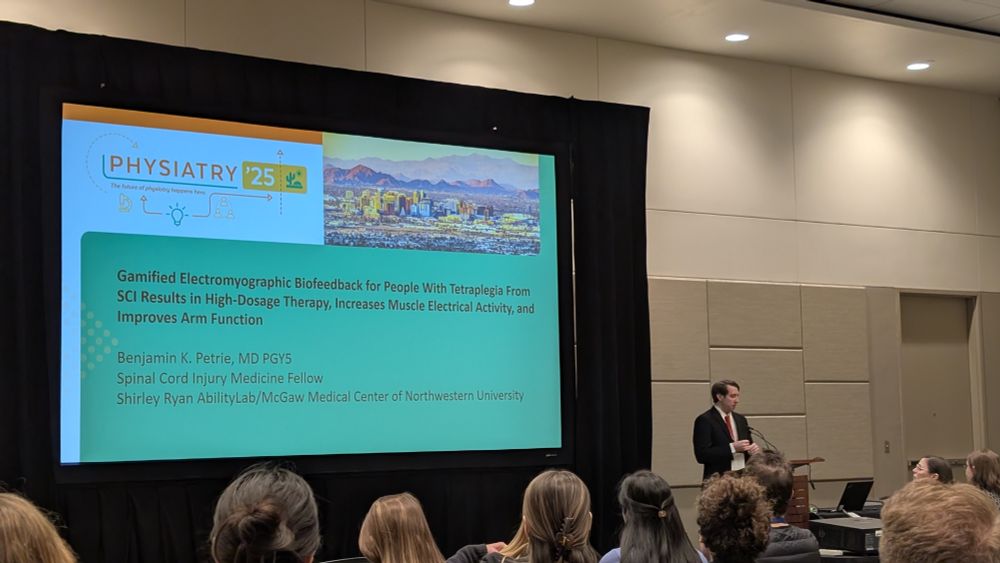

SPECIAL SYMPOSIUM: Ai-powered Movement Analysis and a Causal Framework for Precision Rehabilitation SS1 #ACRM2025 cdmcd.co/5npwMR

SPECIAL SYMPOSIUM: Ai-powered Movement Analysis and a Causal Framework for Precision Rehabilitation SS1 #ACRM2025 cdmcd.co/5npwMR
JD did a great job creating a Gradio demo so try it out and let us know what you think
And here is a video of JD going on a celebratory run that the preprint is out :)
JD did a great job creating a Gradio demo so try it out and let us know what you think
And here is a video of JD going on a celebratory run that the preprint is out :)












Excited to share this soon in an upcoming manuscript!

Excited to share this soon in an upcoming manuscript!
Starting to think about scaling for muscles, which we need for some of our new stuff to get rid of the scaling inconsistency.
Starting to think about scaling for muscles, which we need for some of our new stuff to get rid of the scaling inconsistency.









